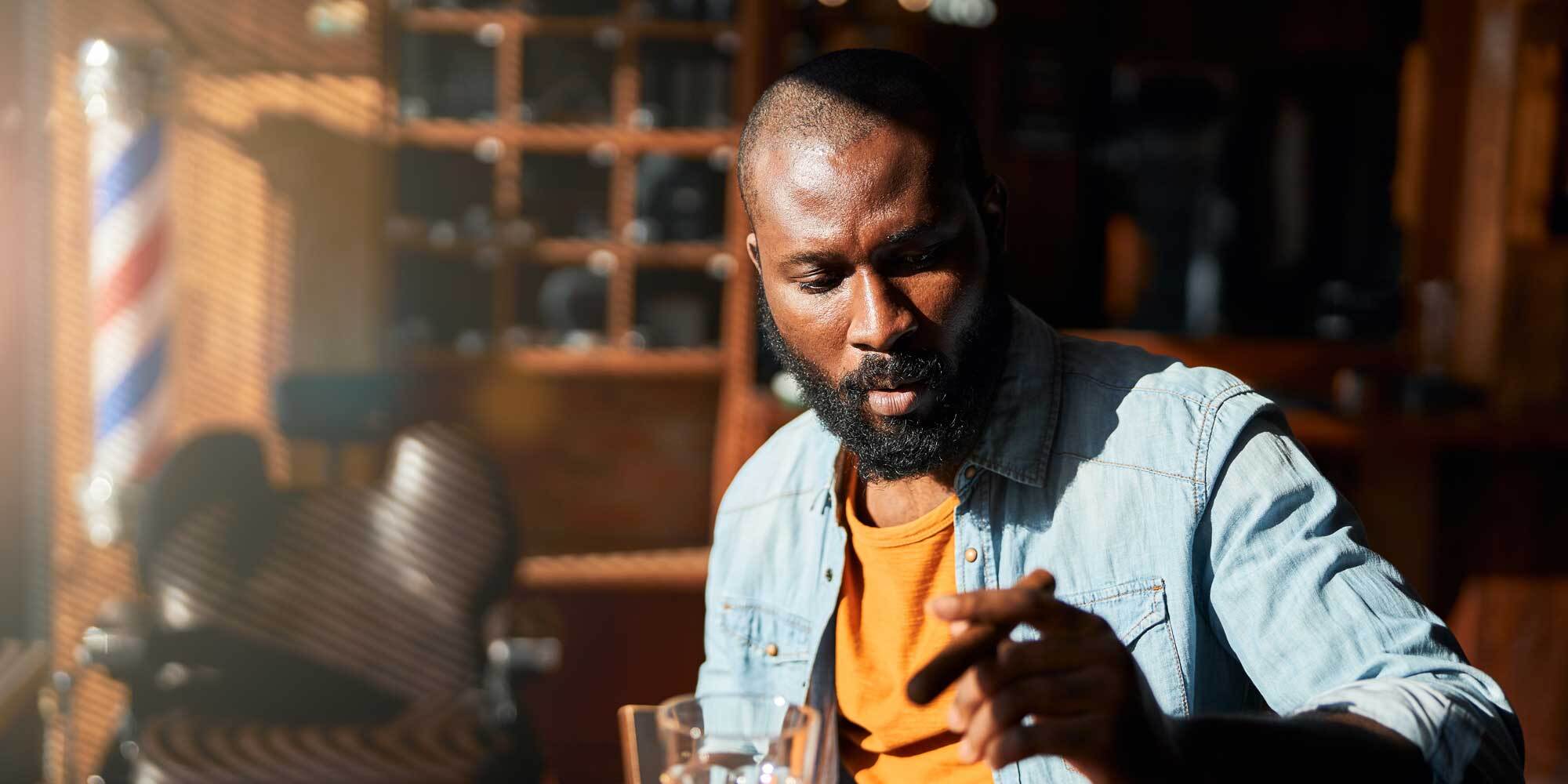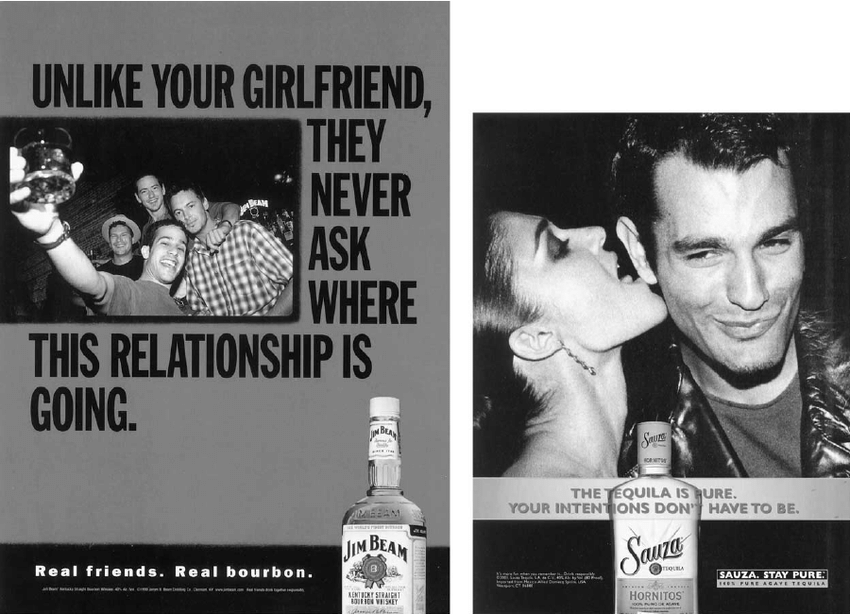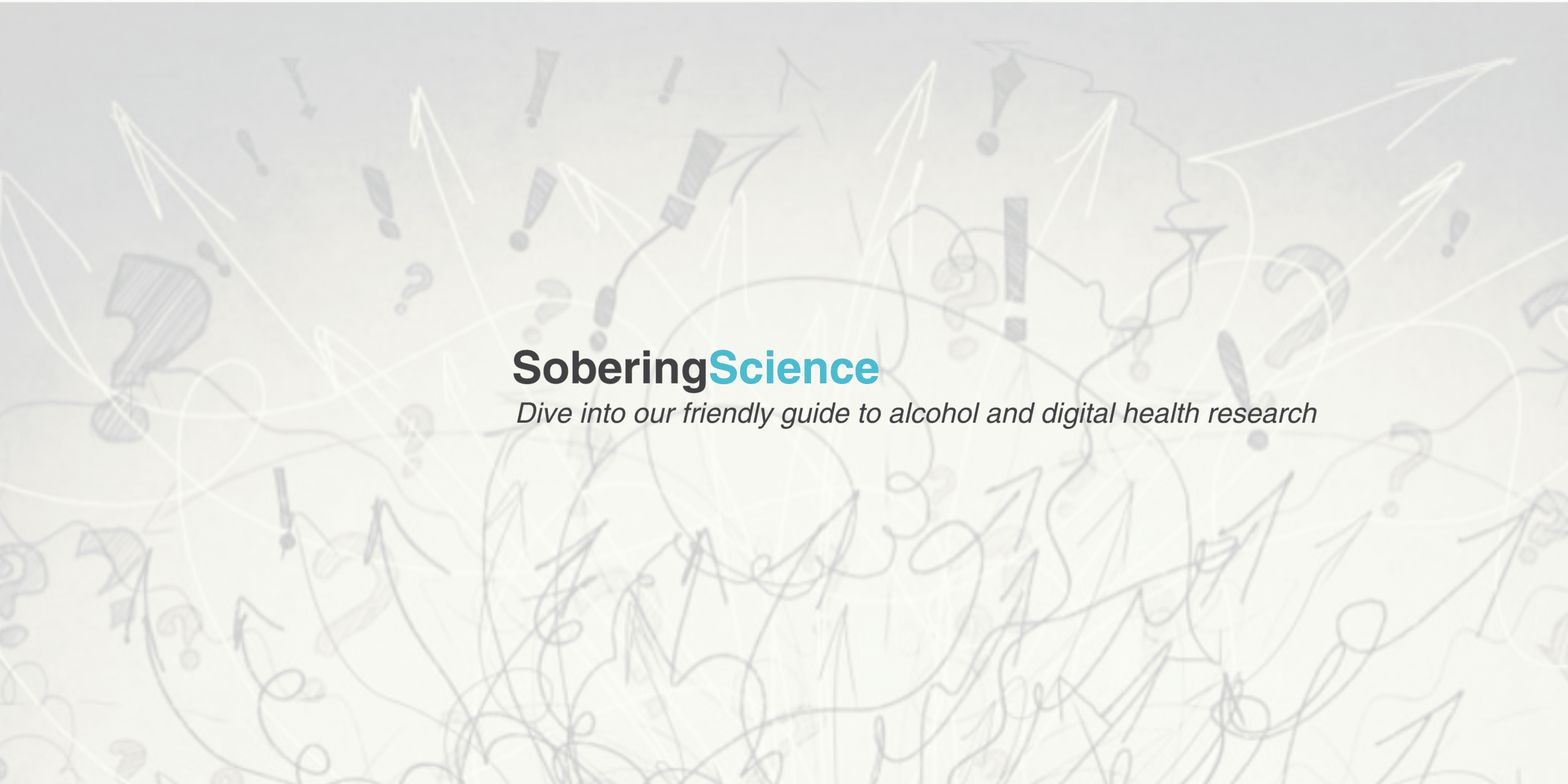
The effects of alcohol on masculinity
It’s interesting how much of a role alcohol plays in influencing society’s view of masculinity – in media, popular culture and society. I write this piece as someone who’s aware of the effects that it’s had on my own masculinity. Whether it’s the behaviour, the choice of drink, or even how you drink – alcohol is deeply ingrained in the male psyche.

“Shaken, not stirred.”
It’s an iconic line from an iconic figure – where James Bond demonstrates his suaveness and charisma through his choice of drink, a martini.
Although Bond is just a fictional character, we do see men choosing strong drinks to assert their masculinity. American whiskey evokes images of rugged, unflappable cowboys – by choosing this drink, men are buying into this identity of strength. It reinforces the idea that the stronger you are, the stronger the drink you’ll have, and therefore, the more masculine you are.
For those who say this is simply not true, and that guys only drink it because of the taste – there are also drinks similarly classified as ‘girly drinks’ – cosmopolitans, vodka cranberries, rosé.
Alcohol advertising also feeds into these norms. It evokes images of male bonding, rebelliousness and sexual dominance. which are aspirational qualities that the alcohol brands are trying to align themselves with. You can see this in the examples below of Jim Beam Bourbon and Sauza Tequila’s advertising:

Not only is the choice of which drink you have, reflective of masculinity – drinking behaviour is also scrutinised. A VicHealth and Monash University study, launched in March 2019, found that alcohol was seen as central to social interaction and connection between men, where participants described it as “embedded” in Australian culture.
In a group setting, the choice to be sober amongst a group of guys can be detrimental. There’s the fear that not conforming to the predominant drinking behaviour will make you ‘uncool’, and that it will affect your social standing. Drinking a lot of alcohol is a show of strength; a display of masculine pride. It’s worn like a badge of honour. Of course, this isn’t the case in all social settings, but it’s a common one in Australia – you’re expected to have a beer in hand.
At sporting events, we often see spectators having alcohol in their hands – whether this be at the arena, in a pub, or even at home. Not all sport fans are male, but there is a culture of sports bar drinking among men – especially Australians. Alcohol fuels men, their competitive spirit, and their enjoyment in cheering for their team. It makes them louder, happier – but also more prone to be out of control.
You can imagine how hard it is to break from these behaviours if you’re seeing it all around you, and if they define what it is to be a man. These were all born out of routine behaviour; alcohol consumption on social occasions has been continuously re-enacted until now, where it’s the norm. It’s a behaviour that’s been passed down from generation to generation.

So, how do we break this?
Ultimately, alcohol shouldn’t be forgotten as a substance that has a lot of adverse effects, with many consequences arising from its heavy use. In our latest research, we find that 7 out of 10 high-risk drinkers are men, with many suffering from depression. Men absolutely drink more, more frequently, and express more high-risk drinking behaviours, such as drinking alone. There is also a strong link between alcohol and domestic violence, as seen in this study by WHO – with most of the reported perpetrators being male.
However, it’s not all bad.
Society is constantly changing and challenging traditional masculine norms. It’s been well documented that younger people are not drinking as much as their older counterparts. We’re only just beginning to view alcohol as something that doesn’t have to be a part of our identity – and challenging alcohol brands for trying to link the two. In 2017, Regulatory bodies in the UK (ASA) have announced an update to their advertising guidelines – adverts cannot “mock people for not conforming to gender stereotypes”.
With society continuing to redefine and shape itself, is it possible to redefine the relationship between alcohol and masculinity, and what’s the best way to do so?
Let us know your thoughts in the comments below!











Good read, thank you!
Thanks Conrad 🙂
Men who drink a lot of alcohol will always have their favourite drinks but men who become alcoholics drink whatever they can but its always been a sign of being masculine drinking with others.
Drinking on your own its different cos there are no peer pressures.
Out with the boys it’s a beer thing and nowadays bottles instead of pints for the younger ones and older men with there pint pots
Trust me when you’ve got alcohol problems you don’t care and beer’s such as special brew tenants skol super and hite cider are the norm and my experience of alcoholism among men especially nowadays is vodka is the go to top shelfer and that applys in most East European countries
For me when i was in the madness it was five bottles of wine per day sometimes six that’s at home i hardly drank the stuff in bars and very seldom in restaurants.
Very true! There’s so much to touch upon – drinking on your own will definitely be different without that peer pressure.
However, there must have been some sort of trigger for people to begin drinking – and I believe culture plays a big part of that.
The ‘man’s man’ is an all too common stereotype associated with drinking. Think “Jimmy Recard” by Drapht. It’s a trap I’ve fallen into a hundred times over, though am now making changes to my lifestyle and psyche to ensure this doesn’t continue. Besides, I feel like more of a man providing for my family than drinking with the lads.
Good on you Looee! It’s definitely good to redefine what makes you feel like a man.
Excellent article. This certainly summarises my experience. I would be ridiculed or distanced today if I spoke like this around family members that are drinking. I am the only male that doesn’t drink in my family, and this can feel very lonely and sad.
And when one stops drinking, we get to see how others are behaving how we used to. It’s not a pretty sight. well done on mentioning the sad link between coping with depression , with a drug that is classed as a depressant. Sports Bar, and happy hour don’t accurately portrait , that before and after this time of the day and week, a man is miserable and negative, and very hard to live with.
nothing worse than agrumpy old bloke, waiting for that first sip. keep up the good work Woolworths.
Appreciate it, Greg! It’s interesting how the choice to not drink can also affect you.
My “mates” didn’t support my decision to quit alcohol, so I also quit my “mates”. I’m more of a man today than I’ve ever been, thanks largely to a supportive family under my roof. I have less male friends than ever before but I have found deeper friendships with those few men who I can count on to accept me for me. Alcohol took me on a long weekend that lasted over two decades and had me more depressed than I realised. I’m grateful to ditch the booze and the bar fly’s that were impersonating “mates”.
Those are the best kinds of friendship, the ones who support you for what you want to do 🙂
Great article, I started drinking in the 70’s and movies like “The adventures of Barry McKenzie” certainly shaped how we consumed alcohol and how it’s consumption helped define you as a “bloke”. These patterns, once established, been difficult to to shake off and I still struggle with alcohol now into my 60’s.
Thanks for highlighting that this issue affects a large number of men in my age group.
100%! Every generation’s relationship with alcohol is being shaped up by how they view others in the time.
Very, very interesting. I guess at one time, Many, many moons ago I didn’t realize that my favorite drink was Gibson Finest.
And to this day, I have the odd drink of Gibson’s Finest.
But I never thought of how The effect of Alcohol on Masculinity.
Maybe that’s why I won a few but lost a few too.
Thank you .